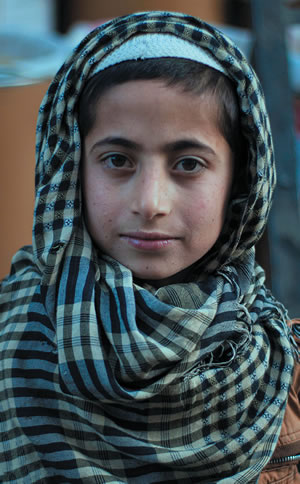
Looking after the schools in six villages is a huge task that requires constant monitoring. There are many challenges we face, most of which have always been enduring problems for many years. A renewed vision with an action plan in place for these schools is needed.
 Part of the plan is to train teachers with the necessary skills for teaching. This includes class preparations like syllabus breakdown and lesson planning to hopefully go through the lessons for the entire year smoothly. It is our hope that the teachers will advance in their careers and develop not only skills but also a passion for honing young minds in the village. The teachers’ educational backgrounds are not up to the standard and thus there is a need to facilitate constant workshops for them to acquire knowledge in class preparations and teaching strategies.
Part of the plan is to train teachers with the necessary skills for teaching. This includes class preparations like syllabus breakdown and lesson planning to hopefully go through the lessons for the entire year smoothly. It is our hope that the teachers will advance in their careers and develop not only skills but also a passion for honing young minds in the village. The teachers’ educational backgrounds are not up to the standard and thus there is a need to facilitate constant workshops for them to acquire knowledge in class preparations and teaching strategies.
We have a total of seventeen teachers in six primary schools which is an insufficient number considering that the six schools cater to children from kindergarten to class five. Many of them are multi-grade teachers — handling two or three classes in one setting. Both learners and teachers suffer when the teacher is unable to cope up with the demands of teaching in this kind of setting. This as well is one of the aims of the workshop – to teach teachers to devise a scheme to manage multi-grade classrooms.
Part of the constant challenge is also the children’s attendance due to seasonal migrations. Our children are mostly Parkari Kohli Christians and Hindus with one school having a few Muslims. They come from families of “Haris” or farm daily wage workers. Most of the schools are built on land owned by the church. Children have easy access to these schools on foot but during harvest seasons, which could be several periods during the year as they cultivate different crops within a year, the children are taken by their parents when they go for labor work. This disturbs the rhythm of the school and affects the aptitude of the children being able to learn. For a family challenged by the quagmire of poverty, putting food on the table is the utmost priority and education is of something at the periphery.
It is our hope that the teachers will advance in their careers and develop not only skills but also a passion for honing young minds in the village.
 We hope to be able to respond to this problem by encouraging our teachers to follow-up on the children by meeting the parents to discourage this practice and at the same time to hopefully formulate a lesson program which will enable the children to catch up with the lessons when they return.
We hope to be able to respond to this problem by encouraging our teachers to follow-up on the children by meeting the parents to discourage this practice and at the same time to hopefully formulate a lesson program which will enable the children to catch up with the lessons when they return.
The odds are enormous and they could weaken the will in us to face many issues. “It is tough in the mission!” as one confrere here would exclaim in a rather antithetical manner when one is a bit slack. I say that, it is equally tough when one finds oneself not having the right attitude or just trying to endure the work that one is compelled to do. In any work in the mission, there is a call to go beyond mere submission, to push one’s self to advance the Gospel values; in this case, making sure that teachers have the vision for the vocation that they are called for as educators and that they will own to themselves this call — not falling into being neither hot nor cold. For this attitude can affect not only those who render service but especially those at the receiving end, the future of the children in the village is at stake.
When I applied for college, I had this feeling that a teaching job would not be suitable for me, that I didn’t have the right attitude and the drive to endure being a teacher or to be involved in any work related to education.
Yet here in Pakistan together with a fellow Filipino Columban Fr. Jerry Lohera, we are juggling parish work, looking after six village schools, and I am also doing a teaching stint in the minor seminary of the diocese— something I didn’t expect myself to be doing.
The call is to go beyond how I see myself and my leanings and to look at how to courageously respond to what is there before us — in this case encouraging our teachers to be noble educators.
Columban Fr. Fr. Louie Ybanez lives and works in Pakistan.